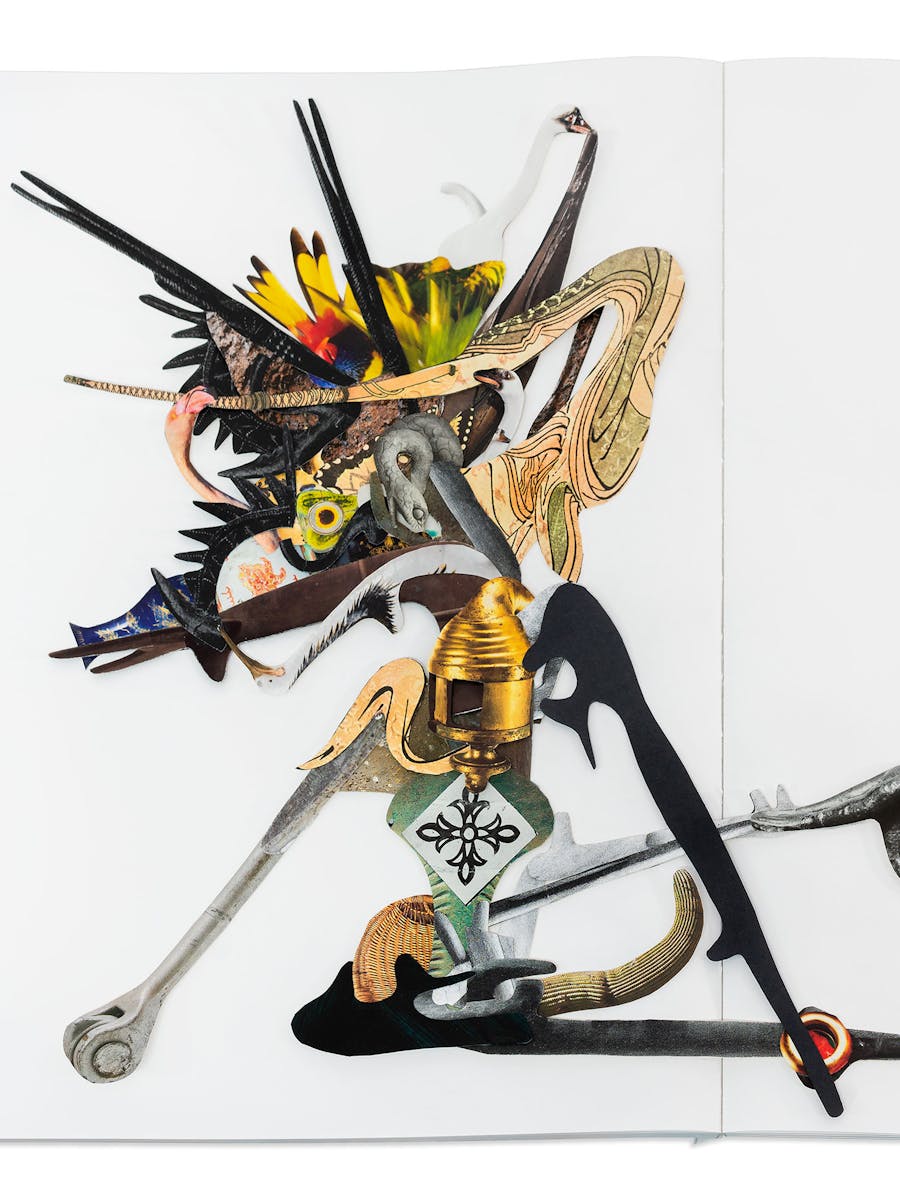Lapses of taste are punished. Sometimes subtly, with murmurs and sideways glances, or with guffaws, crude remarks, hands unexpectedly not proffered. They demand attention, almost hyp- notising those who notice and condemning them. To observers, ridicule confers a sort of reverse charisma, a negative charisma, which is itself also fascinating : incompetence might shine as bri- ghtly as genius, but it elicits a different kind of response. The man we watch go by, the woman we look at from the corner of our eye, and who has dared to dress that way, does not know, cannot know, and it is perhaps that which provokes our laughter — the lack of awareness, the incredible blindness of the individual who has sinned in such a way. As in a vaudeville or puppet show where we know more than the characters, we laugh at seeing them played, seeing them caught out, hoodwinked by their own taste, by their lack of knowledge, by the traps of fashion.
The feeling of ridicule, as soon as it impinges on the consciousness of the person being mocked, is truly tragic : in the humiliation that comes with being singled out by others is the feeling of not having been able to assume one’s own destiny. The ridiculed body, mor- tified by an abject failure of self-presentation, finds itself under house arrest, shackled to its own stylistic incompetence, to the concrete manifestation of its inability to give itself form, residing in the very site of its failure, carrying it everywhere, among other bodies. It starts to suffer from a hypertrophying self-conscious- ness: it experiences something akin to dissociation, uncoupling itself from its own appearance, feeling its own image flee, become other and even inimical, becoming, so to speak, the cross it bears. The absolute prisoner of its own look, it curses the body it now sees through the gaze of the other, it curses its own proclivities, and even more generally its way of being; it would like to reverse back down the road it couldn’t help but follow, to go against its own subterranean impulses, against the form that its life seems, by a mysterious fatefulness, necessarily to take in the eyes of others.
The feeling of being distanced from itself, whereby it seems to contemplate itself in something like a hallucination, can only arise as a function of a comparison. Such a feeling is engendered when its own appearance, when put to the test in an environment, cannot withstand the perception of other bodies, whose looks are more right, which is to say more fitting, whilst it experiences itself as horribly strange, decontextualized, out of place. In its own solitude, others are closer to what it aspires to be than it is itself. Denying itself, it finds both its Calvary and its refuge in the admiration of appearances which are not its own, but in which, painfully, it recognizes what it would like to be, what it should be. Despite wanting desperately to join the party, it cannot find its way there. It cannot integrate the particular world to which it wishes to belong, because it is unable to assume a certain manner, to make certain forms its own.
If we can talk about lapses of taste, it is never, therefore, it would seem, in the absolute. It is never a question of an illegality defined through reference to a universal law of good taste, but always in a certain context, within a certain group, the internal harmony of which is suddenly broken: although one could cite paradigmatic examples of lapses in taste — an eruption of crudeness, for exa- mple, an impetuous interruption in an otherwise subtly calibrated conversation — it is present in any failure to understand the tacit rules that govern a certain milieu, be it that of bikers, aristocrats or footballers. Announcing itself in the feeling of dissonance, of disharmony, it breaks up the fragile arrangement which all the members of the group have sought to maintain through a collective effort, the aim of which is complete coherence.
It exists wherever deviation from a norm merits public condem- nation, wherever too radical a manifestation of the unexpected disrupts the scene and creates scandal, wherever violence is done to a loosely-defined set of internal expectations, of internalized archetypes, of unspoken but imperative representations, to which an entire social group conforms almost unconsciously, and through the practice of which it finds its unity. Lapses of taste do not only occur when elite high culture — good manners and good taste in the accepted grand bourgeois sense — is contradicted. There is a perceptible lapse as soon as there is contextual incoherence, an inability to insert oneself in a given social and aesthetic system, in other words, as soon as an inopportune outburst denaturalises a cultural architecture, or undermines the integrity of a social composition.
Sara & Emma Bielecki
Sara & Emma Bielecki
